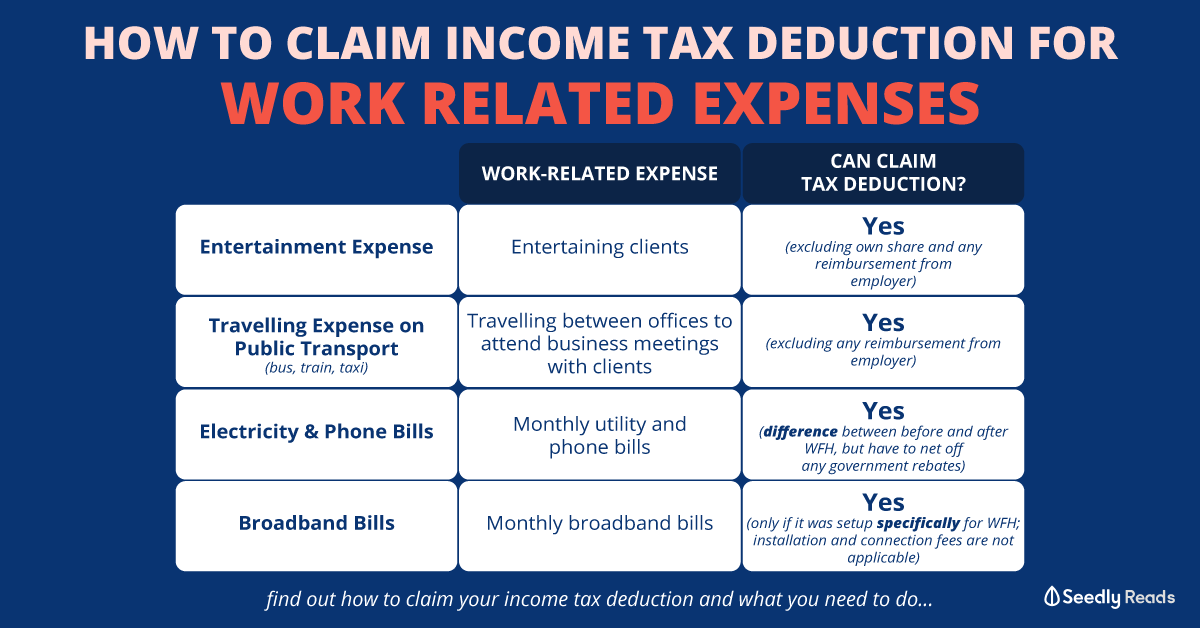Hi there, thank you for your support in MUST! You might recall that MUST delivered an exceptional total shareholder return of ~42% in 2019, bearing testimony to our strategy to fortify MUST’s portfolio through owning top-quality Trophy/Class A properties and diversifying our tenant mix in resilient sectors such as government, legal and finance.
As I have shared earlier, we believe that in the long-term, the current WFH trends will have minimal impact on office demand as a physical office space is deemed essential by both employers and employees for the company’s culture, branding, collaboration, engagement and more.
In particular, MUST’s properties, mostly in urban suburban locations, are expected to be preferred by tenants as they are situated within a Live, Work, Play environment with minimal transportation required. Additionally, we foresee minimal impact on office demand as MUST’s top trade sectors (IT, insurance, healthcare, legal and finance) were early adopters of WFH. With employees’ health and safety needs as a top concern, hot-desking could also become obsolete. As a result, even if some companies begin to adopt a combination of work from home/office, a designated workspace would still be required for each employee.
This has come through in our high rental collection rates, which averages to be 97% for 2Q 2020, 94% for July and 91% for August as at 28 August 2020. Finally, I would add that MUST is mandated under its Trust Deed to distribute at least 90% of its annual distributable income. With our strong collections to-date, we look to pay out 100% of distributions.












Hi there, thank you for your support in MUST! You might recall that MUST delivered an exceptional total shareholder return of ~42% in 2019, bearing testimony to our strategy to fortify MUST’s portfolio through owning top-quality Trophy/Class A properties and diversifying our tenant mix in resilient sectors such as government, legal and finance.
As I have shared earlier, we believe that in the long-term, the current WFH trends will have minimal impact on office demand as a physical office space is deemed essential by both employers and employees for the company’s culture, branding, collaboration, engagement and more.
In particular, MUST’s properties, mostly in urban suburban locations, are expected to be preferred by tenants as they are situated within a Live, Work, Play environment with minimal transportation required. Additionally, we foresee minimal impact on office demand as MUST’s top trade sectors (IT, insurance, healthcare, legal and finance) were early adopters of WFH. With employees’ health and safety needs as a top concern, hot-desking could also become obsolete. As a result, even if some companies begin to adopt a combination of work from home/office, a designated workspace would still be required for each employee.
This has come through in our high rental collection rates, which averages to be 97% for 2Q 2020, 94% for July and 91% for August as at 28 August 2020. Finally, I would add that MUST is mandated under its Trust Deed to distribute at least 90% of its annual distributable income. With our strong collections to-date, we look to pay out 100% of distributions.